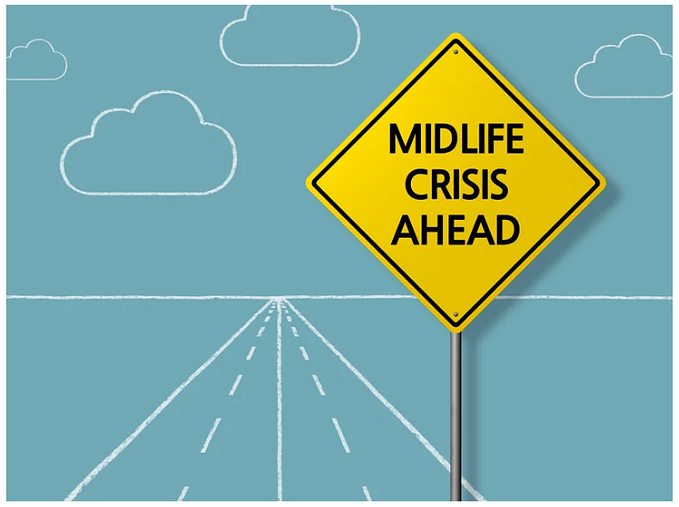Member-only story
Daylight Saving Time Is Actually Bad for You
This forced mini jet lag seems to be fueling everything from stress and sleeplessness to a surge in car crashes

You’re not the only one losing sleep and ranting over the change to and from daylight saving time. A survey in July revealed that 63% of Americans support eliminating the seasonal time changes. The lost or gained hour of sleep has a lot of scientists and lawmakers peeved as well.
In fact, there’s a veritable war going on against this frustrating, outdated, and arguably ineffective and unhealthy artificial time warp, which, interestingly, has its very roots in efforts to battle real wars.
There was a time when the nation could fall back on the idea that daylight saving time made sense: saving energy during wartime or when oil prices skyrocketed in the 1970s. Fast-forward to 2020, and, well, this forced mini jet lag seems to be fueling everything from stress and sleeplessness to a surge in car crashes, with conflicting evidence on whether it saves energy.
How it works… and doesn’t
Daylight saving time (DST) starts on the second Sunday of March, when, at 2 a.m., clocks are set forward one hour and people presumably lose an hour of sleep (though scientists say not everyone is affected by the change).
DST ends on the first Sunday in November, when, at 2 a.m., clocks are set back one hour to return to standard time and people snooze a bit longer.
The government’s ongoing justification for DST is that it saves energy by extending daylight during evening hours in the longer days of spring into fall, on the premise that people will spend more time outside in the evening, using lights and appliances less — and most people, the thinking goes, will wake after the summer sun rises. The extra daylight is also purported to make travel home from work and school safer, and the transportation department even claims it reduces crime.
There is some evidence suggesting that springing forward and falling back not only mess with our internal biological clock and spawn a ton of outrage on social…










